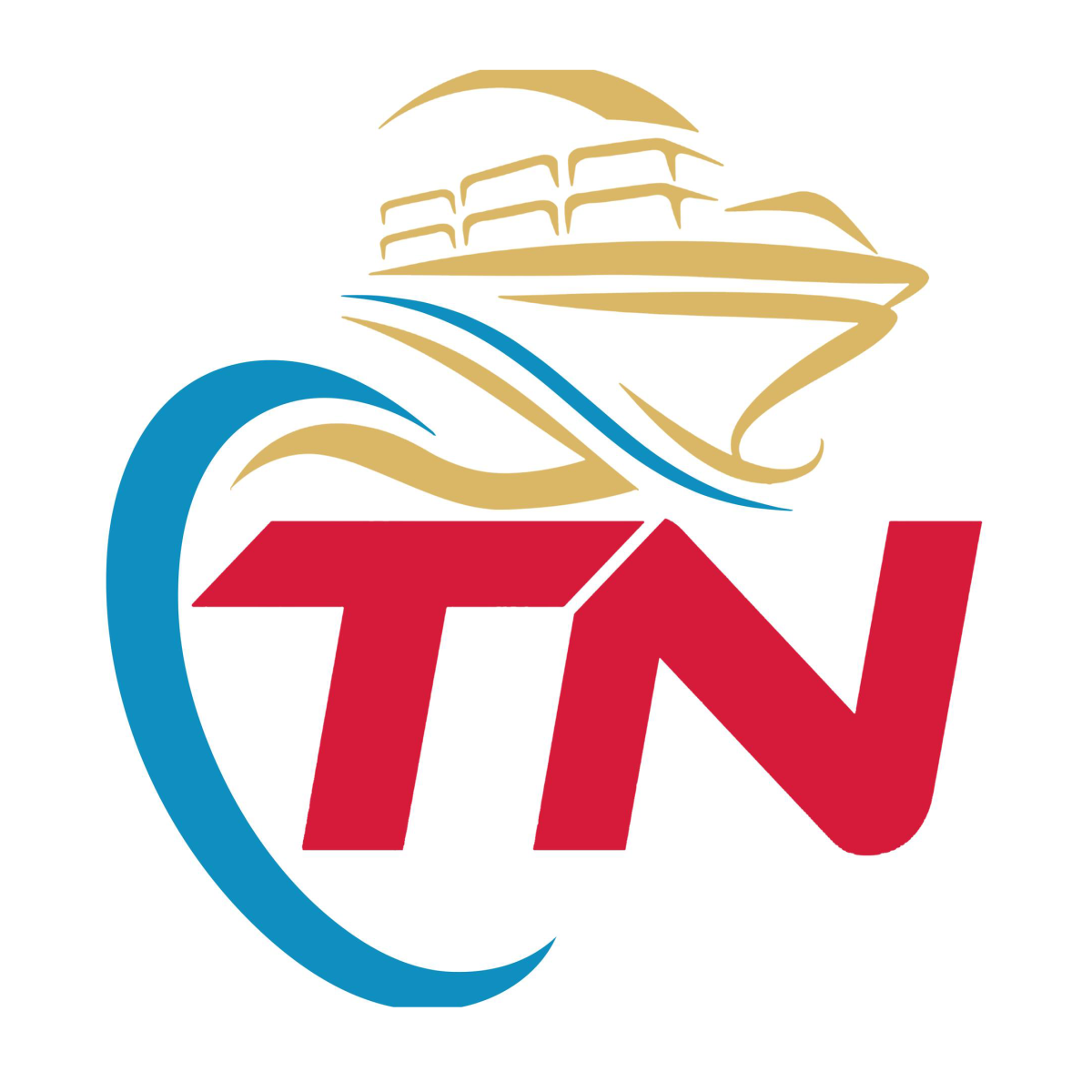The importance of sea transport in freight transport
Since ancient times, people have known how to take advantage of the vital sea transport route to interact and exchange goods with regions and countries around the world. The volume of goods transported by sea accounts for a higher proportion than by air and land means. Therefore, the sea has great importance and significance to the economy of each country.
Our country has a long coastline and a dense network of rivers, creating favorable conditions for the development of domestic and international shipping. It has become the industry with the richest potential today, contributing to the continuous growth of Vietnam’s key industry.
Sea transport is a suitable route for goods ranging from small to large volumes (except for some special goods that need to be transported in a short time). Sea transport helps open a solid market for the domestic business sector.
With a natural, open traffic system and easy transportation for boats and ships, it helps the sea freight industry develop rapidly, creating many job opportunities and satisfying everyone’s job search needs. In addition, building friendly cooperative relationships with countries around the world through commodity trade.
Regulations in sea freight transport
To ensure safety and order during the transportation of goods by sea, the state has issued a number of regulations requiring service providers to follow.
About means of transport
Except for Army and People’s Armed Police vehicles, the remaining vehicles need to be checked for safety, technical consistency, registered and issued with travel permits under the management of Traffic agencies. carriage.
Vehicles participating in the transportation of goods by sea are licensed when they meet all safety and hygiene conditions. Therefore, any unit that needs to repair or replace a ship carrying goods needs to report to the functional Transport agency, which has the authority to approve the project before starting construction.
Vehicles are regularly inspected periodically according to regulations of the Ministry of Transport. In addition, the vehicle also receives an unusual search request from the agency, unit directly managing and using it or the captain. Through inspections, boats that do not meet standards will have their licenses revoked until they meet the necessary safety and hygiene levels.
Regulations for transport units
Transport units including captains, mechanics, and electricians on vehicles participating in moving sea transport routes must have a license issued by the Transport agency. At the same time, key human resources need to undergo training sessions, organize training, and take tests to issue degrees.
Particularly, radio operators will be directly trained and certified by the General Department of Posts and Broadcasting.
Regulations for shippers
Goods owners, when hiring a freight transport unit, need to comply with the following obligations and regulations:
– Provide complete and accurate necessary information such as name, address, phone number, email of the sender and consignee.
– The goods owner provides detailed information about the goods such as type, volume, special requirements (fragile goods or highly secure storage).
– Prepare all papers and documents to complete customs declaration procedures.
Maritime Safety
When transporting goods by sea, transport units and shippers always want the goods to be safe, intact and of guaranteed quality before reaching the consumer. However, when an incident occurs, the captain on the vehicle tries to notify local authorities and then make a specific report on the accident situation.
If cargo ships collide, the two captains must immediately notify and make a report to the above authorities and authorities.



 Tiếng Việt
Tiếng Việt



